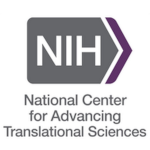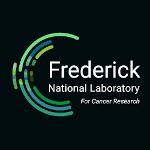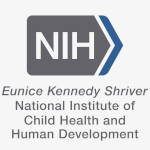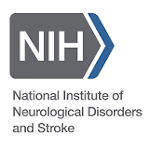About Us - RARe-SOURCE™ Project Collaborators
NCATS
 |
NCATS’ focus is to advance the science of translation, which is the process of turning observations into interventions to improve health. The NCATS Therapeutic Development Branch (TDB) aims to advance the field of drug development by encouraging scientific and technological innovations to improve success rates in the crucial preclinical stages of drug development. To support translational research, The Therapeutics for Rare and Neglected Diseases (TRND) program within TDB initiated the RARe-SOURCE™ platform, an open access application for researchers, clinicians, and patients with a searchable interface for data mining and querying bioinformatics resources. The objectives are to unlock novel insights into disease commonalities, attempt to accurately determine prevalence, and identify potential new therapeutic targets and therapies. |
FNLCR
 |
The Advanced Biomedical and Computational Science (ABCS) group at the Frederick National Lab serves as a hub of translational scientists with expertise in machine learning applied to the interpretation of 2D and 3D biomedical images, clinical and genomics integration, computational chemistry, protein modeling, bioinformatic analysis of omics data, and other applications of computational and data science. ABCS develops state-of-the-art technologies in large-scale data modeling, analysis, and integration and supports the scientific research at the National Cancer Institute (NCI) and National Institutes of Health (NIH) by helping translate scientific questions to technical solutions for cancer and biomedical research. |
NICHD
 |
NICHD leads research and training to understand human development, improve reproductive health, enhance the lives of children and adolescents, and optimize abilities for all. NICHD’s Section on Molecular Dysmorphology headed by Dr. Forbes D. Porter investigates molecular, biochemical, cellular, and developmental processes that underlie genetic syndromes with the goal to combine both basic science and clinical expertise to develop and test novel therapeutic interventions. In collaboration with NCATS, a natural history study (NHS) was initiated to study children with creatine transport deficiency (CTD) at the NIH Clinical Center. This study is part of a multicenter CTD NHS effort with the goal to obtain detailed disease data, establish a biorepository, identify biomarkers and potential clinical outcome measures in preparation for therapeutic clinical trials. CTD has provided an initial test case for the literature extraction of genetic variants and pathogenicity to better understand their impact on disease. |
NINDS
 |
NINDS aims to seek fundamental knowledge about the brain and nervous system and to use that knowledge to reduce the burden of neurological disease. NINDS’s Neuromuscular and Neurogenetic Disorders of Childhood Section (NNDCS) led by Dr. Carsten G. Bönnemann focuses on investigating molecular mechanisms underlying early onset neuromuscular disorders of childhood (including congenital muscular dystrophies, myopathies, and myasthenic syndromes, as well as early onset motor or sensory neuron disease) with the goal to understand the genetic and cellular mechanisms in these conditions. The overall objective is to develop molecular-based treatments by pursuing preclinical and clinical translational models and methods to lead to clinical trials. NINDS is collaborating with RARe-SOURCE™ to advance knowledge related to the genetic basis and underlying disease mechanisms to classify the congenital muscular dystrophies and link them to precise molecular treatment approaches. |
